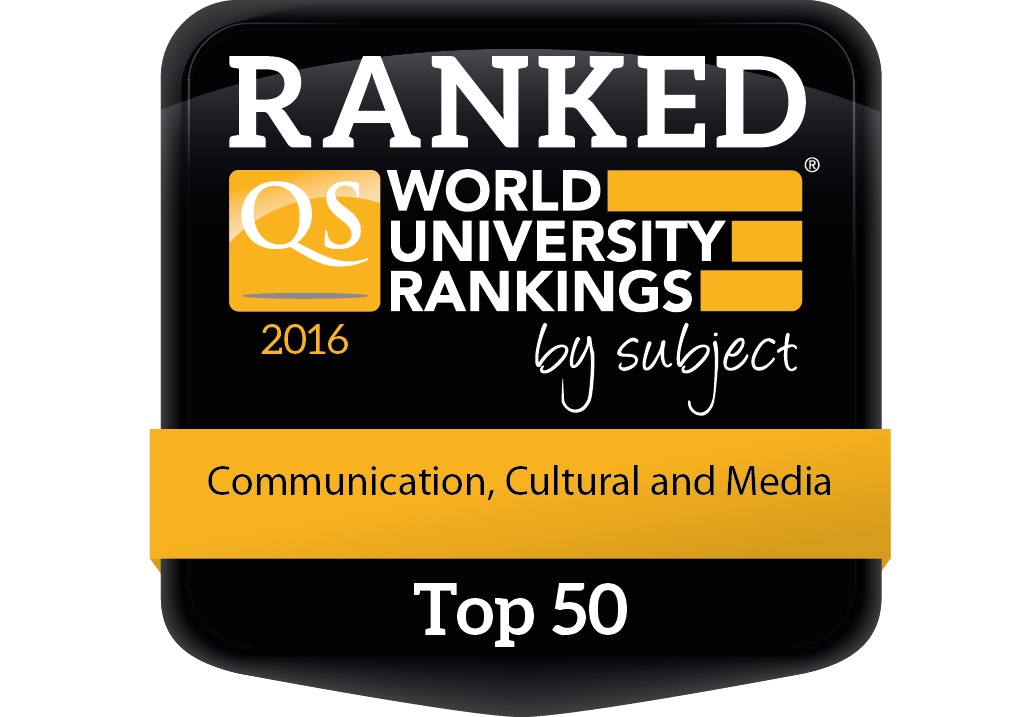The field of media and communication continues its ascent of the QS ranking list
The subject areas within media and communication at Aarhus University have taken another leap up the international QS World University Rankings by Subject list this year.

Over the past five years, AU has been in the list’s top 50 in the category ‘Communication and Media Studies.’ This year, Aarhus comes in at number 34, which means that the subject area has ascended two places since last year’s ranking and an impressive ten places since 2014.
The ranking includes subject areas from the Department of Business Communication at Aarhus BSS as well as from the School of Communication and Culture at the Faculty of Arts.
“The high ranking testifies to the success of our international work in collaboration with the academic environment of business communication at Aarhus BSS. Since the 1980s, we have been systematically oriented towards Scandinavian, European and global contexts. Our media researches have been busy participating in international research networks and projects and have published a lot of articles in internationally recognised journals,” states associate professor Hanne Bruun, manager of the research programme Media, Communication and Society at the School of Communication and Culture.
A part of the subject area’s DNA
The Danish empirical data can be considered a representative case study into larger transnational and international issues - for example the impact of the digitalisation of our means of communication and the role of the media in society and specifically among media users. They pave the way for a dialogue with researchers around the world.
"The international context has always been an important part of our DNA. The research area is still young and has had to assert its own position. It has done so successfully, internationally as well as nationally. The research issues we study are not unique to Denmark or to the subject area of media in a narrow sense. We are in a continuous dialogue with other fields of study within the humanities and social sciences,” says Hanne Bruun.
Students show a strong interest
Media studies has been further advanced because of a strong student interest among the Danish as well as the international students. Each year, the international Erasmus Mundus Master’s degree programme in journalism has to turn down talented applicants from around the world because the interest in the programme greatly surpasses the number of student places.
“The first year of the programme is completed in Aarhus, the second year at one of our partner universities - for example Hamburg, Swansea or Amsterdam. Students express a high level of satisfaction with the programme and our teaching methods in Aarhus and they relate ‘the good story’. This fact definitely plays a role in improving our good reputation even further,” concludes Hanne Bruun.
---------------
Facts
QS (Quacquarelli Symonds) perform ratings of the world’s top universities and publish ranking lists intended particularly for students.
'The QS World University Rankings by Subject 2016' includes a total of 945 institutions and 42 subject areas. The rankings are based on questionnaire surveys on the reputation of the subject areas among clients and international researchers, as well as citations and H-index. The reputation of the subject area is the most important factor within the humanities, while citations and the h-index is assigned more importance within the health sciences. A degree programme must be part of the subject area for it to be considered in the QS rankings. The subject areas are defined through the subject categorisations of Scopus, after which a number of institutions are selected for analysis within these specific subject areas.
